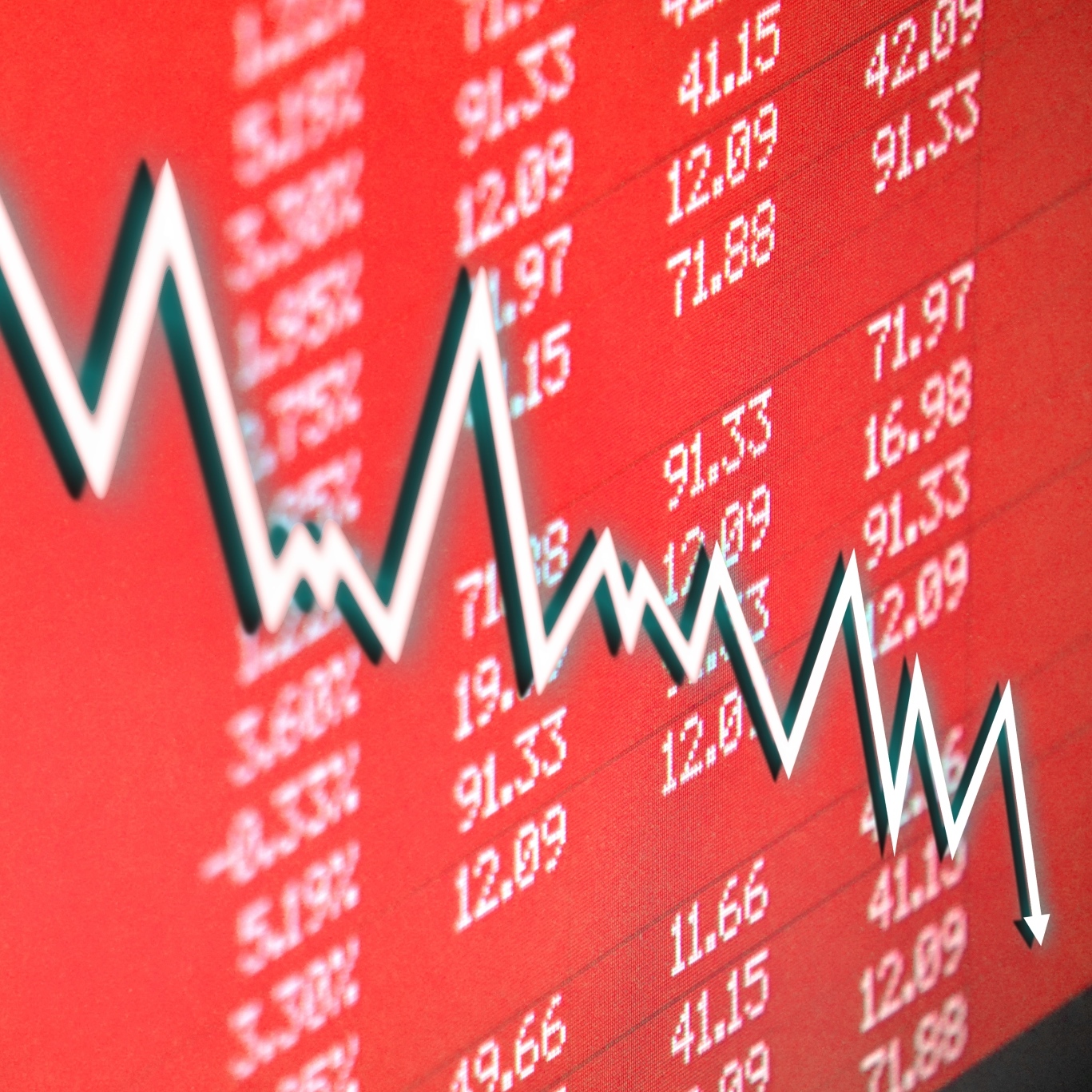
September 23, 2016: Markets opened lower Friday and spend most of the day trading lower until a slight bump pushed shares higher in the mid-afternoon. Only the real estate and telecom sectors traded with a gain late in the afternoon, with the day’s big loser being the energy sector. WTI crude oil for November delivery settled at $44.48 a barrel, down 4% for the day, but up 2% for the week. December gold closed down 0.2% on the day to settle at $1,341.70, and up 2.4% for the week. Equities were headed for a lower close shortly before the bell as the DJIA traded down by 0.62% for the day, the S&P 500 traded down 0.48%, and the Nasdaq Composite traded down 0.55%.
The DJIA stock posting the largest daily percentage loss ahead of the close Friday was The Goldman Sachs Group Inc. (NYSE: GS) which traded down 1.70% at $165.17. The stock’s 52-week range is $138.20 to $199.90. Volume was about 10% below the daily average of around 2.9 million shares. The bank may be hit hard if the Federal Reserve enacts new rules on capital requirements for banks trading in physical commodities markets.
Apple Inc. (NASDAQ: AAPL) traded down 1.62% at $112.76. The stock’s 52-week range is $89.47 to $123.82. Volume was 25% above the daily average of around 36.6 million shares. Shares gave back some of the more than 10% they’ve made since reports of iPhone 7 sales began to trickle out (but not from Apple).
3M Company (NYSE: MMM) traded down 1.38% at $177.38. The stock’s 52-week range is $134.64 to $182.27. Volume was less than 10% below the daily average of around 1.7 million shares. The industrial giant had no specific news.
Caterpillar Inc. (NYSE: CAT) traded down 1.27% at $82.44. The stock’s 52-week range is $56.36 to $84.73. Trading volume was about half the daily average of around 4.3 million. The company’s human resources vice-president has resigned to accept a similar position at SC Johnson.
Of the 30 Dow index stocks 6 are on track to close higher Friday and 24 are set to close lower.
Are You Still Paying With a Debit Card?
The average American spends $17,274 on debit cards a year, and it’s a HUGE mistake. First, debit cards don’t have the same fraud protections as credit cards. Once your money is gone, it’s gone. But more importantly you can actually get something back from this spending every time you swipe.
Issuers are handing out wild bonuses right now. With some you can earn up to 5% back on every purchase. That’s like getting a 5% discount on everything you buy!
Our top pick is kind of hard to imagine. Not only does it pay up to 5% back, it also includes a $200 cash back reward in the first six months, a 0% intro APR, and…. $0 annual fee. It’s quite literally free money for any one that uses a card regularly. Click here to learn more!
Flywheel Publishing has partnered with CardRatings to provide coverage of credit card products. Flywheel Publishing and CardRatings may receive a commission from card issuers.
Thank you for reading! Have some feedback for us?
Contact the 24/7 Wall St. editorial team.





